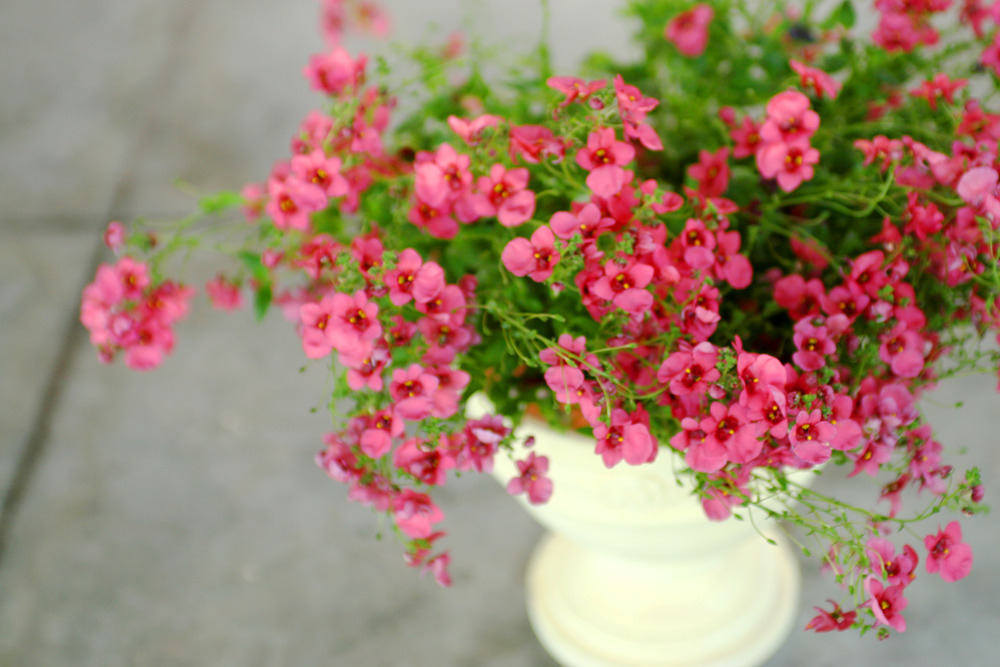The Hidden Hazards Spring Poses to your Pets
By Amanda K. Vogt
Winter is over and Spring has sprung. Time to fertilize the lawn, groom those flower beds, uncover the barbecue and get outside and shake off accumulated months of cabin fever!
Remember, though, as we head outdoors, so do our pets. And the very things that make our yards look so lovely can prove deadly to our four-legged friends.
While most fertilizers are fairly safe for pets, for example those containing bone meal or blood meal are dangerous to dogs, potentially causing severe gastrointestinal problems if ingested. Common pesticides like slug bait, which contain metaldehyde, can be fatal to dogs and cats even in small amounts.
Certain mulch products contain cocoa bean hulls or shells, which have a chocolately smell that can be very appealing to dogs. These mulch varieties contain caffeine and theobromine, two toxins of particular danger to dogs. So stick to wood, rubber or stone alternatives when mulching those plant and flower beds. Compost, likewise, because it contains decomposed organic matter which produces mold toxins, can be poisonous to pets. Keep your compost fenced away from curious pets.
And then there are the plants! For example, the innocuous-sounding Lily of the Valley, a Springtime staple, if ingested can induce severe cardiac arrhythmias and seizures in pets. Certain varieties of Lillies, including the Tiger, Easter and very popular Day, are highly toxic to cats and can cause kidney failure. Crocuses, if ingested can either make an animal mildly ill or can lead to multisystem organ failure. If you see your pet munching on a crocus, determine the variety and seek immediate veterinary care.
As a responsible pet owner, there are ways you can be prepared for the unforseen. Two pet poison assistance apps, one from the Red Cross (.99 cents via Apple App Store and Google Play), and the second, free from ASCPA at www.aspca.org/pet-mobile-app-pet-parents can be easily downloaded to your smartphone or other mobile devices. They tell you, for example, what plants or outdoor product are poisonous to cats, dogs or both, severity of toxicity, signs of poisoning in your pet, possible actions to take, and possible home remedies.
Where your pets are concerned, isn’t it better to be safe than sorry? Well, now there’s an app for that!


Leave a Reply
Want to join the discussion?Feel free to contribute!